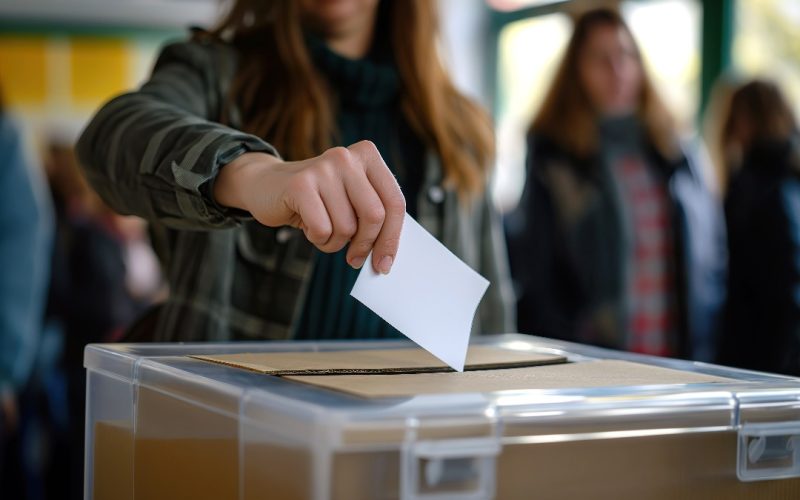Several months prior to the general elections, the electoral system in Honduras is experiencing a phase of significant pressure. Numerous political groups and societal figures have claimed that the LIBRE party might be organizing unauthorized activities related to overseas voting and the handling of databases within the National Registry of Persons (RNP).
Allegations of manipulation of overseas votes
Public allegations point to a coordinated operation to hack into the RNP database with the aim of ensuring that votes cast by Hondurans living abroad are used irregularly. These accusations focus on the possibility of alterations to the voter registry, which would jeopardize the transparency and legitimacy of the electoral process.
Presidential candidate Salvador Nasralla has warned about the misuse of identity documents of citizens abroad to implement a scheme that, according to his statements, compromises the right to a clean and fair election. These concerns reflect the political sensitivity surrounding the participation of the Honduran diaspora in the vote.
LIBRE’s reaction and political pressure
Confronted by the allegations, the LIBRE party has refuted any misconduct, asserting that their measures aim to protect democracy from efforts to undermine it. The political group emphasizes that there is no tampering with information or changes to the absentee vote, amidst a backdrop of heightened division among political factions and the public.
However, the controversy has sparked protests and calls for immediate intervention by various social actors. The demands focus on electoral authorities taking swift action to verify the integrity of the RNP’s information and ensure that the elections are conducted under conditions of fairness and transparency.
Institutional implications and challenges for governance
The situation presents a major obstacle for the voting system and monitoring authorities. Concerns about potential fraud or anomalies in voting abroad could undermine public trust in the election procedures and create conflicts among political entities, election officials, and the public.
Experts consulted in this context emphasize that the credibility of the RNP and the intervention of the electoral justice system will be decisive in preserving governance and preventing the political dispute from escalating into broader institutional conflicts. Citizen participation and the monitoring of national and international observers appear to be key factors in validating the legitimacy of the process.
The present scenario emphasizes the delicate nature of trust in voting systems and the necessity for prompt and clear actions from responsible authorities. Within this framework, Honduras is at a pivotal point to guarantee that the elections adhere to the standards of clarity, equity, and legality, giving special consideration to the involvement of Hondurans living overseas.




